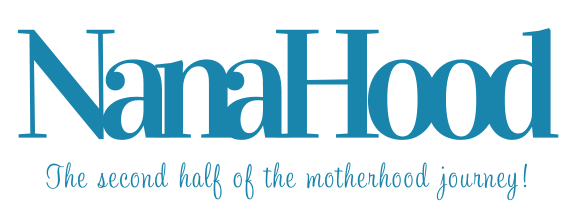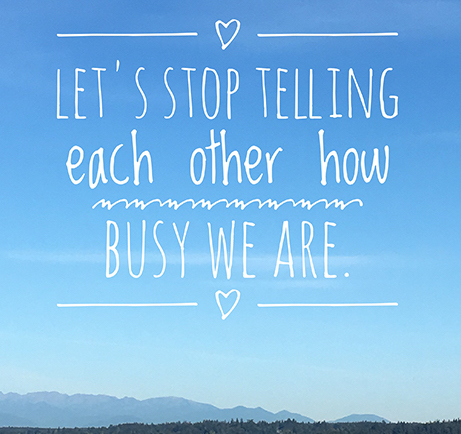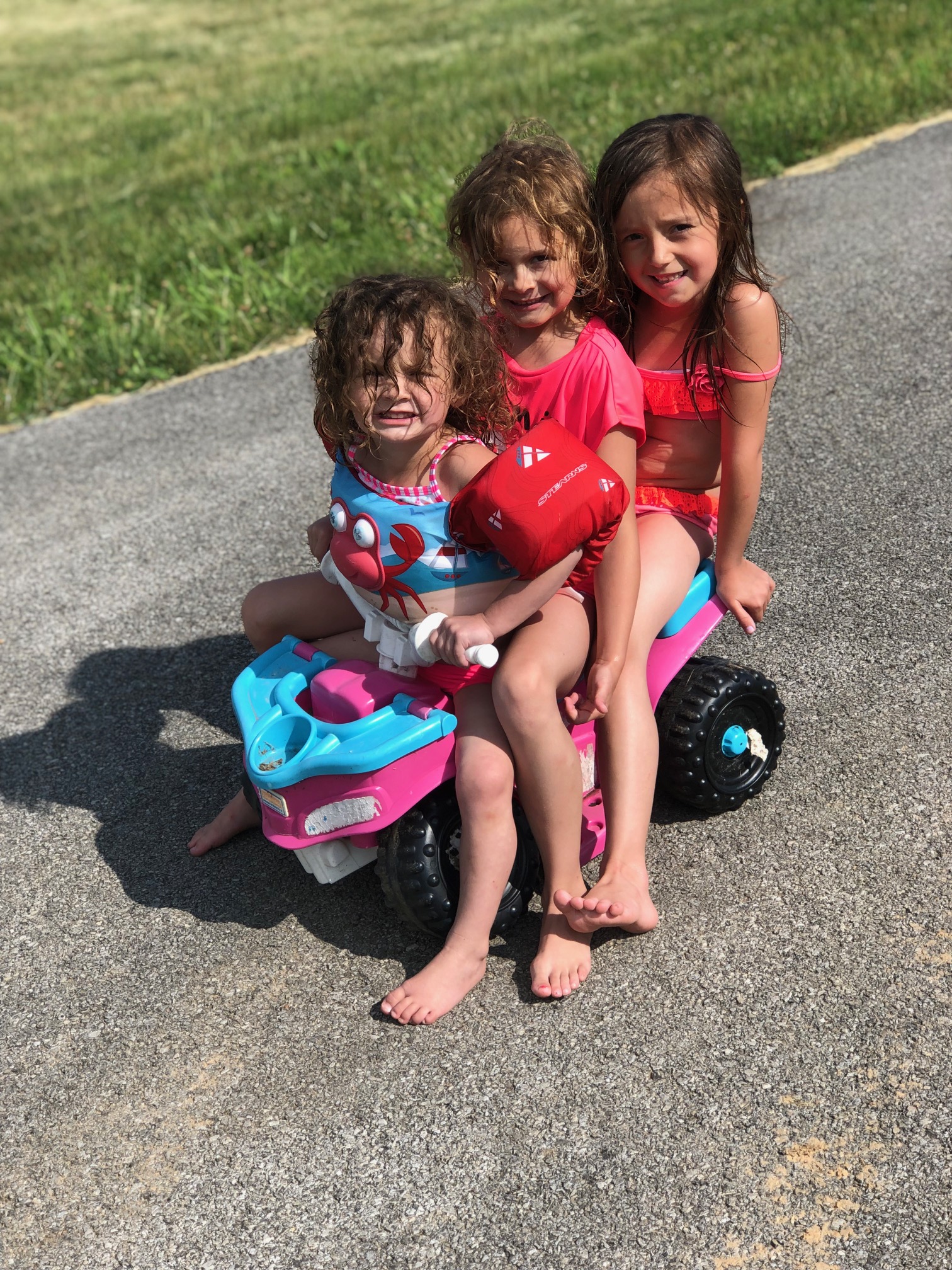Preventing Shingles So You Don’t Have to Suffer
This post is sponsored by the National Foundation for Infectious Diseases through an unrestricted educational grant from Merck & Co., Inc. All thoughts and opinions are my own.
The first time I heard of someone having shingles was years ago and I remember thinking that I couldn’t get it because I was too young. Now I’m not so young and no longer confident that I won’t get the virus, so I called and made an appointment to get the shot.
And I was actually wrong about only older folks being susceptible. A friend’s brother had them and he was in his 30s.
According to the National Foundation for Infectious Diseases (NFID), one in three adults will get this virus in their lifetime. In the United States, it affects nearly one million people each year and about half of them are age 60 years and older.

It’s not roofing shingles…it’s much worse!
A friend of mine just found out her mother has the shingles and it went to her eye. Not only is she in a lot of pain from the rash but she may have vision loss.
Shingles (herpes zoster) is caused by the same virus that causes chickenpox. Remember the chickenpox? Your mom told you not to scratch or you’d be scared for life and you scratched one or two anyway? My older kids have a couple of scars from not listening to my advice. My younger children were able to be vaccinated and didn’t have it. But if you are like me and you did have it, then you are at risk for shingles. There is something called the varicella zoster virus and it stays inactive in your body for life. It can and often does, reactivate years later and then, bingo…you have the shingles.
There two good things about this painful disease.
1. You can’t get it from someone else.
2. There is a vaccine for it for those of us who are 60 and older.
The current vaccine is for those 60 and older. The U.S. Food and Drug Administration recently licensed a new vaccine so it’s expected that in early 2018, the recommendation for shingles vaccination will include all adults age 50 years and older.
How Effective Is It?
No vaccine is 100 percent effective, but this vaccination cuts your chances of getting shingles roughly in half, and it can help make future occurrences less severe. Those who have already had it benefit from shingles vaccination, too, as it helps prevent future occurrences.
NFID recommends that any adult age 50 years and older who has not yet had this vaccine talk to their healthcare provider about the shingles vaccination. Right now is a really good time to consider the vaccination as it can be given along with the flu vaccine.
Want additional information?
- Read about shingles on the National Foundation for Infectious Diseases website
- Like NFID on Facebook for more information on vaccines across the lifespan, including updated recommendations for shingles vaccines
- Follow NFID on Twitter
- Follow NFID on Instagram





